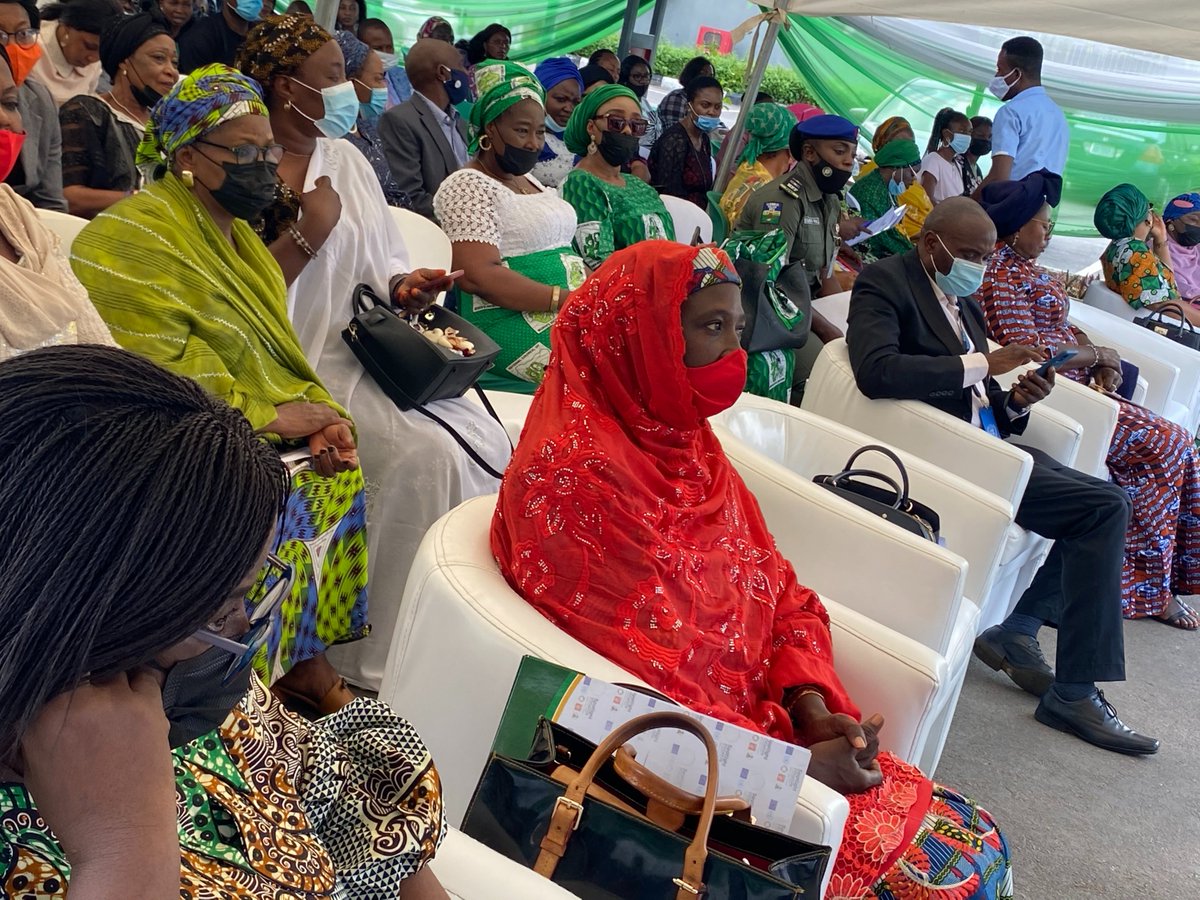Africa’s contribution to the global creative economy remains notably meager, constituting only approximately 2.9% of worldwide creative goods exports, amounting to $58.4 billion and comprising less than 1% of the African GDP according to a 2023 report by The United Nations Development Programme (UNDP).
Amidst the backdrop of global competition and technological advancement, Africa is emerging as a vibrant hub of innovation, defying conventional narratives of underdevelopment. From fintech to agriculture, healthcare to renewable energy, the continent is witnessing a surge in homegrown solutions that address local challenges while competing on the global stage.
Despite this, Africa’s creative industry holds vast growth potential, buoyed by a burgeoning youth demographic, escalating urbanization, and an emerging middle class with evolving consumption habits. Nonetheless, the sector grapples with substantial hurdles, including deficient infrastructure, restricted access to financing and markets, issues of intellectual property, and a dearth of supportive policies and regulations.
One of the most remarkable sectors witnessing innovation is fintech. With limited access to traditional banking infrastructure, Africa has become a fertile ground for mobile money solutions. Platforms like M-Pesa in Kenya have revolutionized financial inclusion, allowing millions to access banking services through their mobile phones. This innovation has transformed local economies and garnered international attention, inspiring similar initiatives worldwide.
Moreover, African entrepreneurs are leveraging technology to tackle pressing healthcare issues. Telemedicine platforms are connecting patients in remote areas with healthcare professionals, overcoming geographical barriers, and improving access to medical services. Innovations in diagnostics and treatment, often tailored to the continent’s specific needs, are reshaping healthcare delivery systems and saving lives.
In agriculture, where a significant portion of the population relies on, technology is driving efficiency and sustainability. Startups are harnessing data analytics, IoT devices, and drones to provide farmers with valuable insights into crop management, weather patterns, and market prices. These innovations are not only increasing yields and incomes but also promoting food security across the continent.
Renewable energy is another area where Africa is making strides. With abundant sunlight and wind resources, countries are investing in solar and wind power projects to meet the growing energy demands sustainably. Off-grid solutions are bringing electricity to rural communities for the first time, powering schools, clinics, and small businesses, and catalyzing economic development.
What sets African innovation apart is its focus on solving local challenges with globally relevant solutions. Entrepreneurs are not merely replicating models from other parts of the world but are adapting and innovating to suit the continent’s unique contexts. This localized approach not only fosters homegrown talent but also ensures that innovations are impactful and sustainable in the long run.
However, Africa’s innovation ecosystem still needs to improve, including inadequate infrastructure, limited access to funding, and regulatory hurdles. Addressing these barriers requires collaboration between governments, private sector stakeholders, and international partners to create an enabling environment for innovation to thrive.
As Africa continues to drive innovation amidst global competition, it is taking notice of its untapped potential. Addressing these obstacles could transform creativity and innovation into catalysts for the Africa Continental Free Trade Agreement. Startups and small to medium-sized enterprises stand poised to drive economic expansion and employment opportunities by spearheading the development of novel and superior services.
The cultivation of cultural and creative industries offers another avenue for African entrepreneurs to harness their indigenous knowledge, expertise, and cultural richness, thus fashioning innovative services tailored to the multifaceted demands of African consumers and enterprises.


